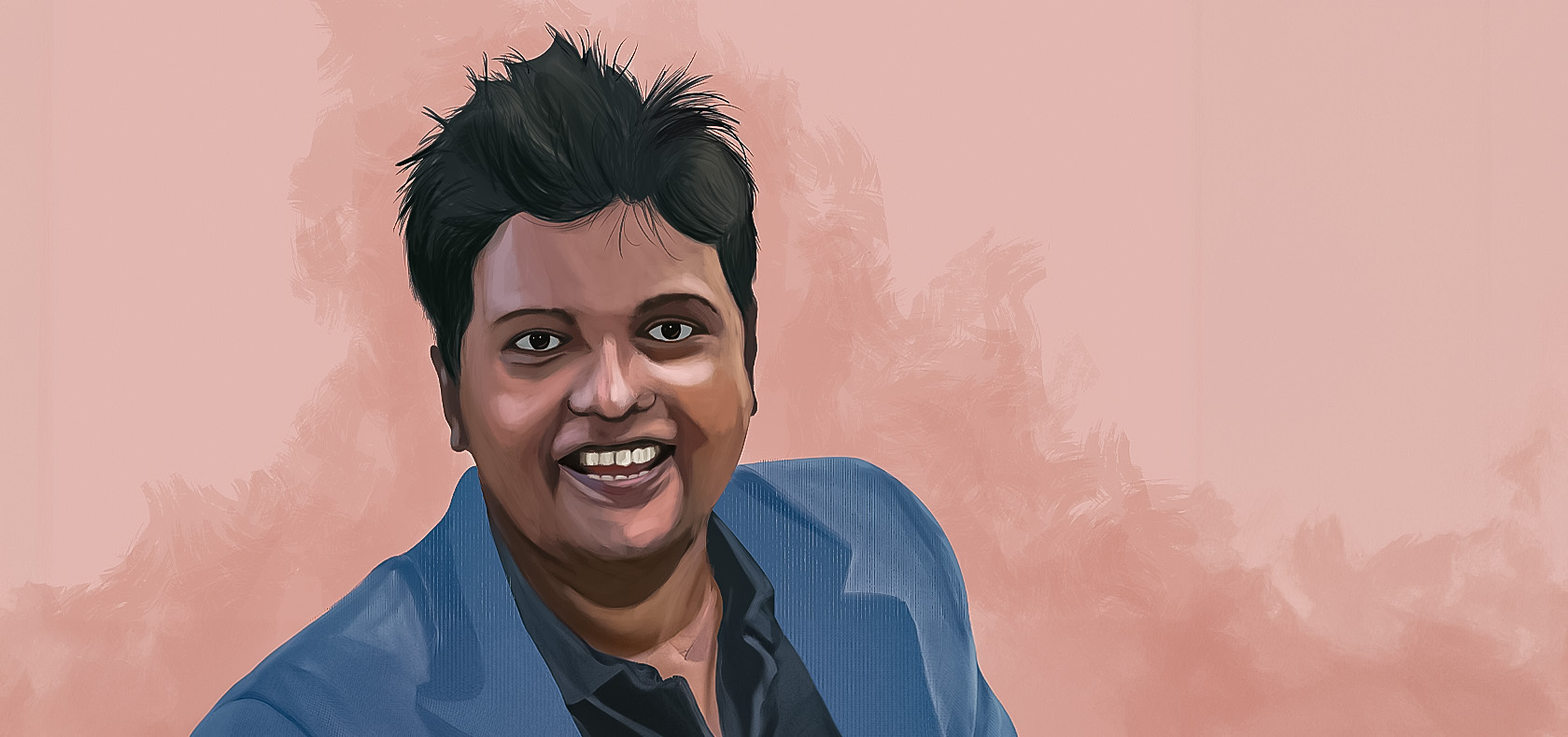In the words of Radika Gunaratne: “I provide legal services to protect the rights of LGBTIQ+ individuals”
Date:

Radika Gunaratne is a lawyer, activist and founder of Parivartan – an organization that works towards inclusivity and justice in Sri Lanka. On the occasion of the International Day for Women Human Rights Defenders, Ms. Gunaratne spoke about the many issues faced by the LGBTIQ+ community in the country.

Laws are meant to protect the freedoms of people. Yet, LGBTIQ+ persons in Sri Lanka face various forms of discrimination in the name of law.
I started working on LGBTIQ+ rights in 2015 when I was asked by an organization to conduct a training for journalists. Ever since, I have been fighting for the rights of this community, which I am also proudly a part of.
Through my organization ‘Parivartan’, we are in the process of creating a glossary of LGBTIQ+ terms for the public, including journalists, because they are not aware of the proper terminology, especially in local languages. We also teach them about human rights and media ethics.
In addition to this, I train police and law enforcement officers about these issues, and as a practicing lawyer, I provide legal services to protect the rights of LGBTIQ+ individuals.
During my career, I have seen how laws are used to justify acts of violence and discrimination against the LGBTIQ+ community.
The main instrument police use against them is Section 365 and 365A of the Penal Code – adopted in 1883 and amended in 1995 - which are often used to penalise same-sex relationships. Even at this very moment, there are cases against lesbian and gay people, even though Sri Lanka’s constitution recognizes the right to equality and non-discrimination. Similarly, Section 399 - where a person is said to “cheat by personation” is used to target transgender people when they’re going through a transition and even after.
“Sometimes people can feel who they are in their childhood. Sometimes after puberty, sometimes later in life ...”
— Radika Gunaratne, founder of Parivartan
These are fundamental rights violations and these issues trickle down to a multitude of other challenges. For instance, we have a good Domestic Violence Act in the country. Anyone, despite their gender, can go to the police station to file a complaint. But, if being gay or lesbian is a crime, then they cannot go to the police station to report abuse.
At one of the trainings, an officer once told me that “until it’s legalized, we will continue to catch them.” My response to such comments is that there is nothing for us to legalize. What we need is to decriminalize LGBTIQ+ rights.
Sometimes people can feel who they are in their childhood. Sometimes after puberty, sometimes later in life. Because of the stigma that’s attached to it, children are often taken to doctors to understand what’s wrong with them – because parents are also not sensitized. Most people don’t come out to their families, and even if they do, they will have to leave their homes. Most people in the community are like internally displaced people. They don’t have any support systems.
The state has a responsibility to protect each and every individual.
This is why we need more discourse around jurisprudence. It’s important to ask ourselves, how did these laws come about and what was the history behind them? LGBTIQ+ individuals have always existed, whether their rights were recognized or not.
We must work towards decriminalizing consensual relationships between adults. Law enforcement and the Police must be sensitized on gender equality, with a particular focus on LGBTIQ+ rights. Comprehensive sexuality education must be compulsory in schools and it’s also important to educate adults. We have to break these barriers and be open to teaching about gender identity and sexual orientation. Through legal reforms we can ensure that every person is able to enjoy the right to their gender identity, and the right to live with the person they love.
We are, however, starting to see results from all the work that we do. Recently, as a result of a case filed against a trainer for making homophobic remarks, a police circular came into effect preventing police officers from conducting trainings sessions that discriminate against the LGBTIQ+ community in the country.
Similarly, when the state prosecuted a lesbian saying she is suffering from a mental illness, the defendant won because the court recognized that homosexuality is not a mental illness.
My work is mostly probono, and every case we handle is an achievement – because we fight for the rights of LGBTIQ+ persons.
Inclusivity, empathy and justice is the essence of ‘Parivartan’. Our goal is to ensure that LGBTIQ+ individuals have an inclusive environment and enjoy the same rights and opportunities as everyone else.”
“In Sri Lanka, women human rights defenders have a strong legacy of shaping governance and peace, and advocating for the rights of the most marginalized. In February 2023, Sri Lanka adopted its first National Action Plan on Women, Peace and Security with support from the Government of Japan and UN Women. Through our work in advancing the women, peace and security agenda in Sri Lanka, UN Women calls for greater participation and representation of women in peace and security efforts”.